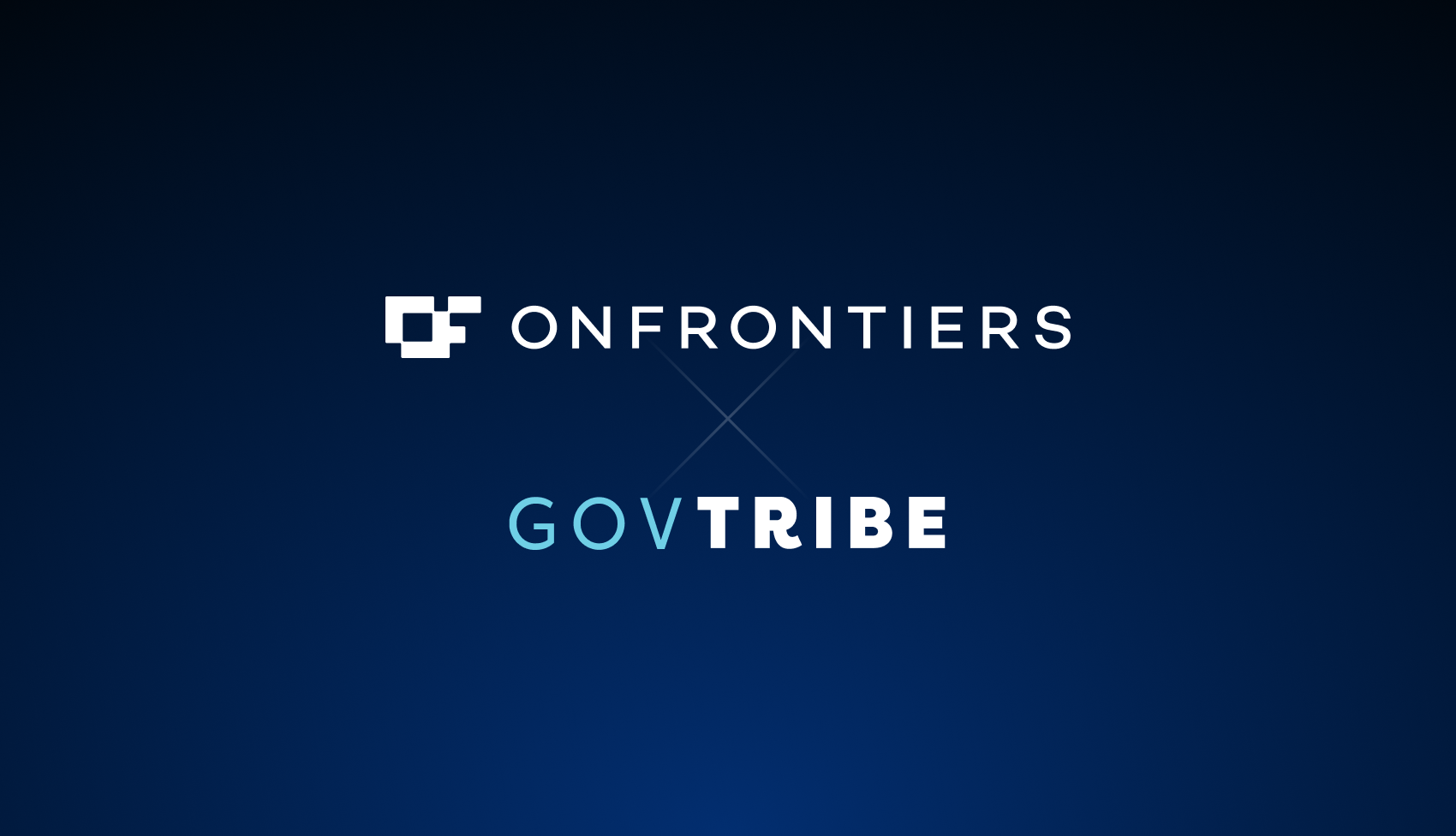What Communities Don’t Do (But Could in the Future)

As a knowledge management professional, it’s likely that you have a strong perspective on communities of practice (COPs). And for good reason – COPs are one of the few KM practices that organizations invest in tools for, such as Yammer. They touch on each aspect of the people-process-technology triad, and are designed to increase the productivity of an organization’s most valuable asset – its people.
But if you’re not a KM expert, or are new to communities, it’s easy to get overly excited about the potential of COPs. In my experience, there are two common patterns of disappointment when it comes to COPs:
First, many people underestimate the work required to build effective communities. Building a valuable COP requires selecting a specific topic, building an audience, and actively managing the community. Culture, community norms, leadership, and early engagement are all critical factors in the success of a COP. Unfortunately, most communities fail.
Second, many managers expect COPs to solve problems that they are not equipped to handle on their own. For example, some managers assume that COPs can reveal the top experts within a company, quickly and consistently retrieve answers to specific questions, and foster novel innovations across business lines, groups, and geographies. However, COPs are not designed to do these things. They cannot because an organization’s top experts may not be part of the community or may not participate.
According to KM expert Stan Garfield, only 10% of members participate in COPs, and it is often just 1% of members who contribute the majority of answers.
As the business world evolves, there is a growing need for better ways to harness an organization’s knowledge. I believe that COPs have a valuable role to play in this process. However, in order for COPs to reach their full potential, community design needs to innovate in two key areas:
- Monetary Incentives – In a conversation with Stan Garfield, he mentioned that Hewlett-Packard offered monetary incentives for participation in COPs and found it to be effective. I’d like to learn more about these experiments. If participating and sharing knowledge is such a differentiator, why don’t more organizations offer money for people to share knowledge and participate?
- Dynamic Membership – How do you get the right experts in the community or to see a specific question that’s relevant for them? Self selection based on interest can work to a point, but what if there is a topic outside the community’s primary expertise area? Can we invite someone we think has relevant knowledge to the conversation based on what we think they know?
I believe investing in these areas could lead to a renaissance in communities, broadening their applicability and deepening their value such that they fulfill more of our hopes and dreams.


